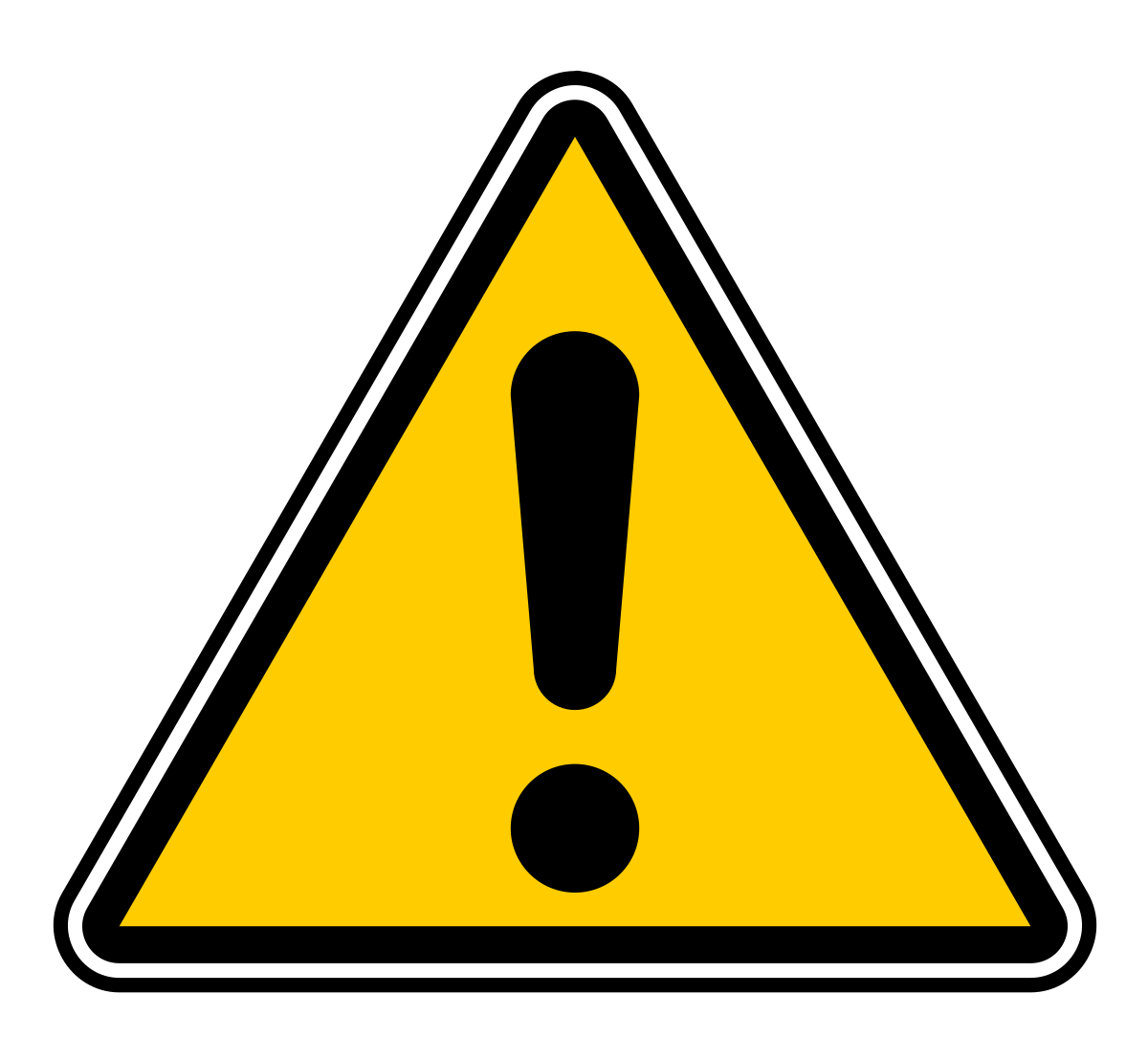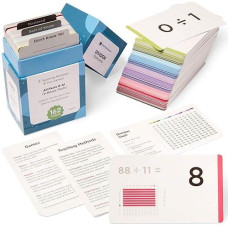Think Tank Scholar Flash Cards Set for Grades 2-6 Math Learning
US Delivery Time: 3-5 Business Days.
Outside US Delivery Time: 8-12 Business Days.
- Comprehensive Learning Tool: Contains 162 division flash cards designed for third to sixth graders, covering all facts from 0-12, plus 6 bonus facts, complemented by five teaching methods and five engaging division games. - Award-Winning Quality: Recognized for excellence with over six prestigious awards, including the 2019 Creative Child Product of the Year and the 2019 Mom's Choice Award, ensuring trusted educational support for children ages 7 to 10. - Jumbo-Sized Cards: Each card measures 3.1” x 5.2”, providing ample space for clear illustrations and color-coded divisors, making it easier for kids to grasp division concepts effectively. - Organized Learning: Features an exclusive tab system to help parents track mastered and unmastered cards, enhancing the learning experience and making sorting hassle-free. - Local Expertise: Developed by Think Tank Scholar, a family-owned US company in California, with contributions from local teachers, ensuring high-quality educational resources proudly designed in Los Angeles, CA. Perfect for homeschooling or practicing division at home, these durable, laminated flash cards come in an extra-sturdy storage box for long-lasting use.
Transform Learning with Think Tank Scholar Division Flash Cards
Make learning math an enjoyable experience for your child with the Think Tank Scholar Division Flash Cards. Designed specifically for third to sixth graders, these flashcards not only teach the fundamentals of division but also enhance math literacy and fact recall. With a complete set of 162 cards, each featuring a unique problem and solution, your child will gain confidence in their math skills, preparing them for advanced concepts like fractions and percentages.
- Comprehensive Learning Tool: This set covers all division facts from 0 to 12, including essential combinations often overlooked in other sets, such as 24÷3. Each card presents one fact, making it easier for students to focus on mastering each concept.
- Visual Learning Aids: Recognizing that 65% of learners are visual, these flash cards include graphic illustrations that help children grasp the underlying concepts behind division, promoting a deeper understanding rather than mere memorization.
- Durable & Efficient Design: Made from high-quality cardstock with a smooth, laminated coating, these cards are designed for longevity. Their innovative box/tab system allows parents and educators to organize cards based on mastery levels, simplifying the learning process.
- Kid-Friendly Size: Each card measures a convenient 3.1” x 5.2”, featuring one rounded corner for easy sorting and handling, making them perfect for little hands.
- Award-Winning Quality: With accolades like the 2019 Creative Child Product of the Year Award and the National Parenting Product Award, these flashcards have been recognized for their educational value and quality, ensuring peace of mind for parents.
Real-World Applications: Whether used in a classroom setting or for homeschooling, the Think Tank Scholar Division Flash Cards are versatile tools for reinforcing math skills. Engage your child with five different teaching methods and five fun division games included in the set, making practice sessions exciting and effective.
Enhance Your Child's Math Journey: The Think Tank Scholar Division Flash Cards are not just about learning; they are about building a solid foundation for future mathematical success. By integrating fun and interactive elements into learning, these flashcards help children develop a love for math while ensuring they understand critical concepts. With color-coded divisors and visual aids, your child will quickly recognize patterns and boost their confidence in tackling division problems.
Join the Think Tank Scholar Family: Proudly designed in Los Angeles, California, by a team of parents and educators, Think Tank Scholar is committed to providing high-quality educational products that meet the needs of today’s learners. This dedication to excellence is evident in every aspect of the Division Flash Cards, making them an essential addition to your child's learning toolkit.
Invest in your child's education today with the Think Tank Scholar Division Flash Cards—where fun meets effective learning!
 Warning - California Proposition 65
Warning - California Proposition 65 This product may contain chemicals known to the State of California to cause cancer, birth defects, or other reproductive harm.
Reviews (0)
Product FAQs
Q: What age group is the Think Tank Scholar Division Flash Cards Set suitable for?
Ans: The flash cards are designed for children in 2nd to 6th grade, making them ideal for kids aged 7 to 10 who are learning division concepts.
Q: How many flash cards are included in the set?
Ans: The set includes a total of 162 division flash cards covering all facts from 0 to 12, plus 6 bonus facts for additional practice.
Q: What makes these flash cards effective for learning?
Ans: These flash cards incorporate visual aids, such as graphic illustrations, to help children understand the concepts behind division, not just memorize answers. This approach supports different learning styles, particularly for visual learners.
Q: Are the flash cards durable?
Ans: Yes, the cards are made of high-quality cardstock with a smooth, durable laminated coating, ensuring they withstand frequent use.
Q: Can these flash cards be used for homeschooling?
Ans: Absolutely! The Think Tank Scholar Division Flash Cards Set is an excellent resource for homeschooling, providing structured lessons and fun games to reinforce learning.
Q: How do the cards help in assessing a child's progress?
Ans: The exclusive tab system allows parents and educators to organize and sort the cards based on mastery levels, distinguishing between mastered, semi-mastered, and unmastered equations.
Q: What awards has this product received?
Ans: The Think Tank Scholar Division Flash Cards have won multiple awards, including the 2019 Creative Child Product of the Year Award and the 2019 National Parenting Product Award, reflecting their quality and educational value.
Q: Are there any teaching methods included with the cards?
Ans: Yes, the set includes five teaching methods and five fun division games to make learning engaging and effective.
Q: How large are the flash cards?
Ans: The flash cards are jumbo-sized, measuring 3.1” x 5.2”, making them easy for children to handle and read.
Q: Where are Think Tank Scholar products designed?
Ans: Think Tank Scholar is a US-based company, and all products are proudly designed in Los Angeles, California, with input from local teachers and parents.
















